Many people avoid filing for bankruptcy because they worry about losing their possessions. In fact, bankruptcy laws allow filers to keep certain assets, including equity in a primary home and a vehicle.
Before pursuing bankruptcy in Michigan, review the state’s laws about what assets are exempt from creditors.
Homestead exemptions
Bankruptcy filers can keep up to $40,475 in home equity. Individuals who have a disability or are older than 65 can keep up to $60,725 in home equity. In addition to equity in the primary home, filers can keep personal items such as furniture, appliances, jewelry and collectibles valued at a total of $4,050.
Wages, pension and retirement
Michigan law protects up to 60% of wages the filer has earned but not yet received. Filers also receive a complete exemption for insurance, welfare, workers’ compensation, veterans, unemployment or crime victim benefits. State exemption also applies to most eligible retirement accounts and pensions.
Additional exemptions
Other miscellaneous exemptions in Michigan include:
- Up to $3,725 in equity in a single motor vehicle
- Tools, supplies, materials or other necessities for trade, valued up to $2,700
- Farm animals valued up to $2,700
- Computer equipment worth $700
When a person files for bankruptcy, he or she must list all property, income and debts in full financial disclosure. The court can seize assets valued above the exemption amount and sell them to repay creditors.
Michigan residents also have the option to use federal bankruptcy exemptions. Consider both lists carefully before making a decision, since filers cannot mix and match between state and federal exemptions.


